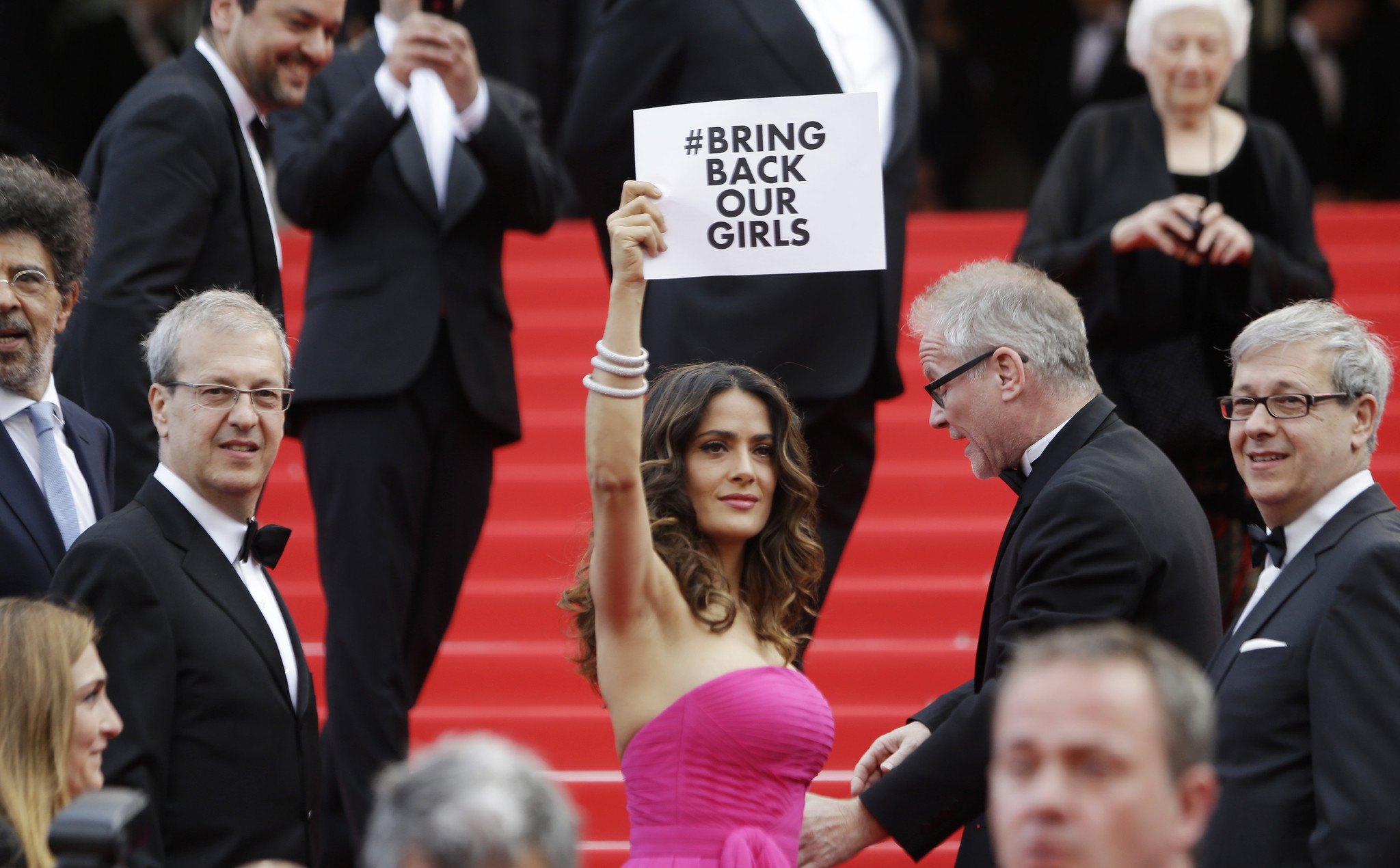By Morgan Deane:
On the night of 14–15 April 2014, 276 female students were kidnapped from the Government Secondary School in the town of Chibok in Borno State, Nigeria by the Islamist extremist group Boko Haram.
The outrage that ensued inspired a social media campaign that assisted in spreading the word about the horrendous kidnapping. Boko Haram continues to remain active in North Eastern Nigeria, launching numerous devastating attacks and capturing young women. It’s important to consider all the causes of their extremism, the damage they’ve done to their victims, and assess the appropriate responses to them, as well as abandon superficial efforts that are simply untenable and lazy.
The ideology behind Islamic extremism is based upon a radical perversion of Islam. In Nigeria there are both ethnic and economic differences that spur radicalism. The North and North East of Nigeria contain Hausan and Faulani tribes, while the Igbo occupy the South. The former are largely Muslims, while the latter were converted to Christianity in larger numbers. The Igbo often served as administrators during British rule. As a culture, they tended to be more Western and educated than their Northern neighbors. Further, oil revenues are unevenly distributed, causing economic tension between the regions.
Africa’s current population is approximately 1.2 billion and expected to rise to over 2 billion in 2040, and 2.5 billion in 2050 respectively. The population growth exacerbates the tension in the region, which is based on economic, social, environmental, and religious factors that fuel a military insurgency. As a result of this tension a threatened Boko Haram kidnaps those it sees as enemies. Their most famous attack was at the Chibok Boarding School described previously. Boko Haram attacked the school, killed workers and security guards, and kidnapped the 278 girls. Among other countries who were outraged, the United States sent assets to also assist in the fight. After intensive and halting negotiations, the government secured the return of approximately 21 girls, along with their young children.
The severity of the crime demands that the response must be serious and heavy-handed. Shortly after the attack, the hashtag #bringbackourgirls began trending on social media. This was a supposedly well-meaning campaign to help bring awareness to the issue and spur politicians to action. It was in the news cycle for quite a few rotations, and some have declared the campaign a success. However, very few of the girls have been returned, and the government continues to downplay the threat of Boko Haram to the point of proclaiming that the war is over.
Meanwhile, the group still conducts brazen suicide bombings and continues to kidnap, capture, and kill soldiers and civilians.
If we take away all the buzz, #bringbackourgirls was a short-lived campaign that seemed a gimmick, like that of the Ice Bucket Challenge and the French flag filtering of your Facebook profile. It’s a form of “slacktivism” that makes people feel good and secure in their moral superiority, but does almost nothing to affect change.
On top of that, there is a sense of hypocrisy that has gone unnoticed. Many of the most active users of the hashtag — Hollywood celebrities and those on the left — have a viewpoint that generally condemns the use of American military power. Yet when President Obama sent assets, it wasn’t Hollywood celebrities or antiwar protestors, but re-positioned drones and intelligence officials. These are the same drones that are often condemned as an evil tool of American imperialism. The sad fact is that some people are only persuaded by force, and reasoning won’t help, let alone shallow hashtags. The very assets used to help fulfill the hashtags of elites are the same tools of war that they most frequently condemn. The antiwar advocates who oppose a strong military take steps to cut funding and further limit any effectiveness of the platform. In short, they are calling for the return of the girls, even as they weaken the instrument of American policy that can most effectively accomplish that goal.
American military power isn’t the only tool in bringing them back. It’s important to make sure the instruments of US policy — intelligence assets, diplomatic efforts, targeted financial aid, and the military — are strong and agile. To bring back the girls and end the threat from Boko Haram, America and its allies need a serious and sober policy that effectively uses every available tool. War is not the solution to everything, though a strong counter-insurgency effort that secures the people is vital. For example, Boko Haram still attacks and loots health centers. As a result, the shipments of food, medicine, and other aid are being intercepted and aid workers either killed or forced to flee. This negates whatever soft power the US and Non-Governmental Organizations (NGO’s) try to apply in the area, and it worsens the humanitarian crisis. There are over 200,000 internally displaced people that rely on that aid alone. The “slacktivism” of elites in contrast is hardly an effective response, especially when it’s a feel-good effort from those that oppose and undermine the tools most likely to get them back.
The fight against global extremism continues, and the US needs to support the counter-insurgency efforts in Nigeria, as well as a comprehensive plan to assist Nigeria with the resettlement of its internally displaced people. In short, there needs to be comprehensive economic, migratory, and counter-insurgency operations to defeat Boko Horam: one that will give those girls and their families the opportunity and, more importantly, the hope, to embrace each other sooner than later.
Morgan Deane is an OpsLens Contributor and a former U.S. Marine Corps infantry rifleman. Deane also served in the National Guard as an Intelligence Analyst.

















